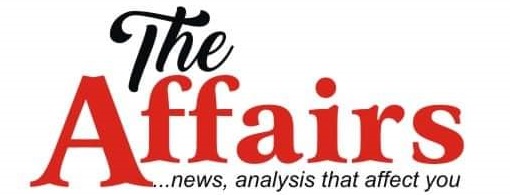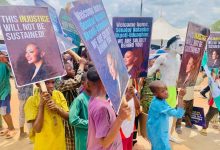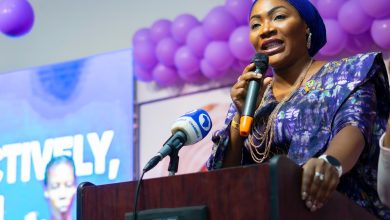UN Women, OIAC Demand Collective Actions Against Gender Based Violence

UN Women and the Organisation of African Instituted Churches (OIAC) have called for Christian leaders to escalate action to curb violence women and girls.
They made the appeal in Lagos during a two-day UN Women and Ford Foundation-supported workshop for members of the OAIC.
The workshop aimed to enhance the knowledge of Christian leaders of the nuances of gender-based violence, initiate collective action against gender-based violence through the various church mechanisms, and provide the opportunity for Christian leaders and churches to network and consolidate on the fight against gender-based violence.
According to the World Health Organization (WHO), one in three women worldwide has experienced physical and/or sexual violence in their lifetime.
The United Nations Population Fund (UNFPA) reports that an estimated 137 women are killed daily by a partner or family member globally, highlighting the severe consequences of GBV.
In Nigeria, GBV remains a significant challenge, manifesting in various forms, such as domestic violence, sexual assault, and harmful traditional practices.
At the workshop, UN Women Programmes Officer, Ibrahim Nurudeen facilitated sessions that demystified some harmful social norms and beliefs common in the religious cycle.
In his remarks, the President of the Christian Association of Nigeria, Rev. Dr. Daniel Okoh, said “We must use this opportunity to deal with deprivation of opportunities for the female members to exercise their God-given talents by their spouses and the leadership of their churches. We must first deal with these issues connected to GBV before we can effectively give moral leadership in this advocacy and, indeed, the battle”.
“Conclusively, as a noble organisation as ours, I would appeal that after these sessions, we become champions of spiritual battalions combating any form of GBV”, Israel Akinadewo, President, OIAC Nigeria.
By empowering religious leaders with the knowledge and tools they need, UN Women said it aimee to drive a transformative socio-cultural shift towards a more just, equitable, and violence-free society in Nigeria and across West Africa.
The workshop provided an in-depth analysis of GBV’s socio-economic impact, its implications, and the critical role of religious leaders in combating this issue.
Participants were equipped with strategies to incorporate gender equality principles in their messages, marriage counselling, and promoting healthy and respectful relationships.









